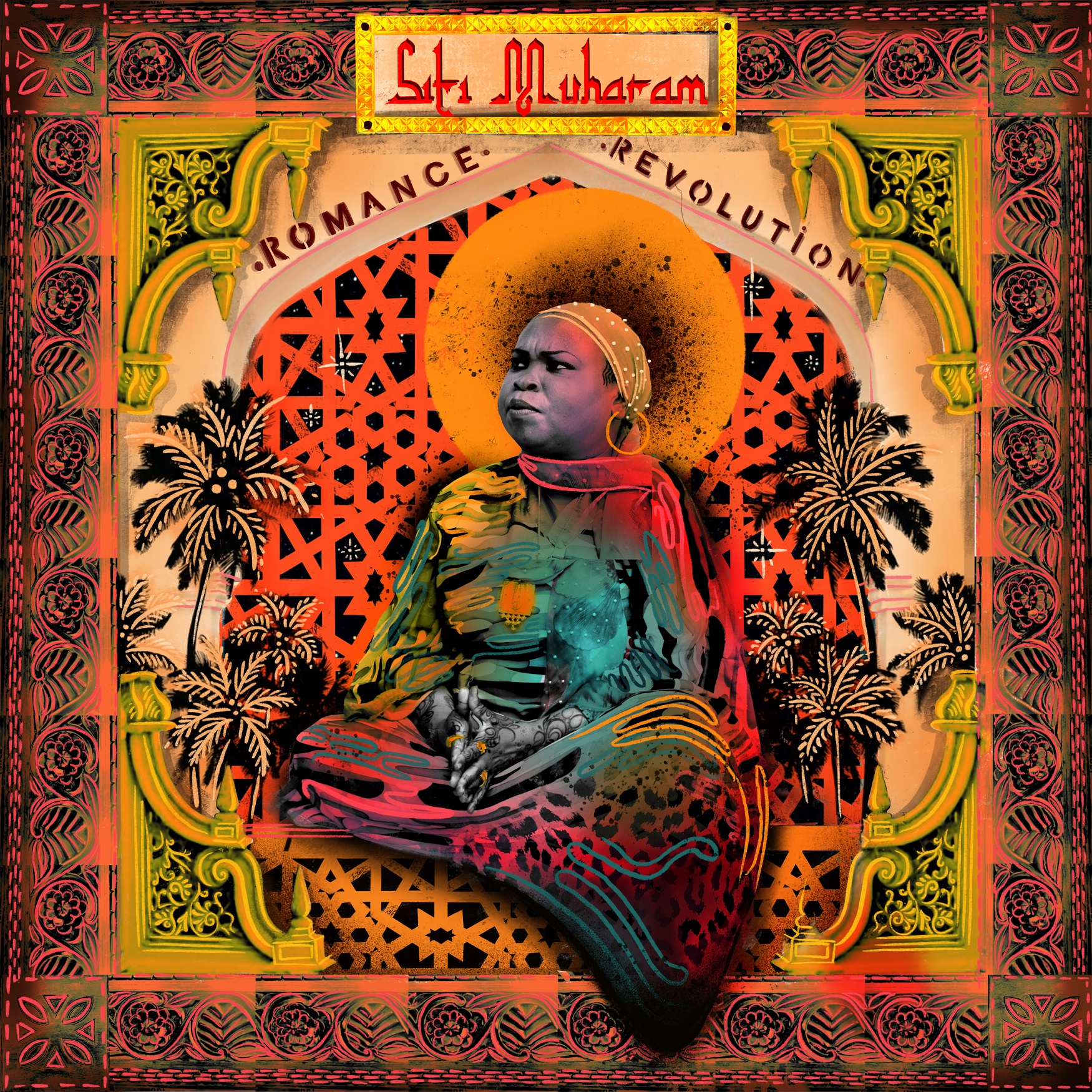The weight of history permeates this sumptuous album of modern taarab from Siti Muharam, the great-granddaughter of “mother of taarab” Siti binti Saad.
Taarab originated in late 19th century Zanzibar when Arabic music introduced by the ruling sultans combined with influences from east Africa and the Indian sub-continent. Born in rural, working-class Tanzania in 1880, Siti binti Saad’s move to Zanzibar as a young adult saw her shake the foundations of the city. She was the first woman to perform taarab in public, the first to sing songs in Swahili (that also rallied against the class system and abuse of women), and the first to record an album in east Africa. Having released 150 records and connected taarab music with audiences beyond Tanzania, she was a national hero by the time of her death in 1950.
No wonder Siti Muharam needed encouragement to follow in her great-grandmothers steps – yet she needn’t have worried. Her vocals are emotive and defiant, a wonderful mix of Arabic tradition and African phrasing, with a burnished quality that makes them sound like they belong on a dusty vinyl from the last century.
Oud, qanun and violin combine with cascading backing vocals to create a classical Arabic sound on Sikitiko and Kijiti, yet for the majority of the album taarab’s formal layering has been stripped away and replaced with the percussive Swahili street-music kidumbak – and a touch of 21st century London-jazz attitude.
Tamar Collocutor’s dusky clarinet connects the music to south Asia on album opener Machozi ya Huba, a percussive instrumental with a smoky, dub flavour, and again on the up-tempo Nyuki, buoyed by his duelling with qanun player Gora Mohamed Gora and additional vocals from Mohamed Issa Matona.
On Pakistan and Alaminadura producer Sam Jones combines subtle electronic ripples and textures with booming percussion, meaning these tracks will sound great blaring out of a sound system in London or Zanzibar.
